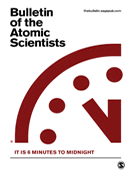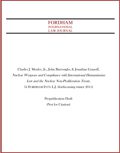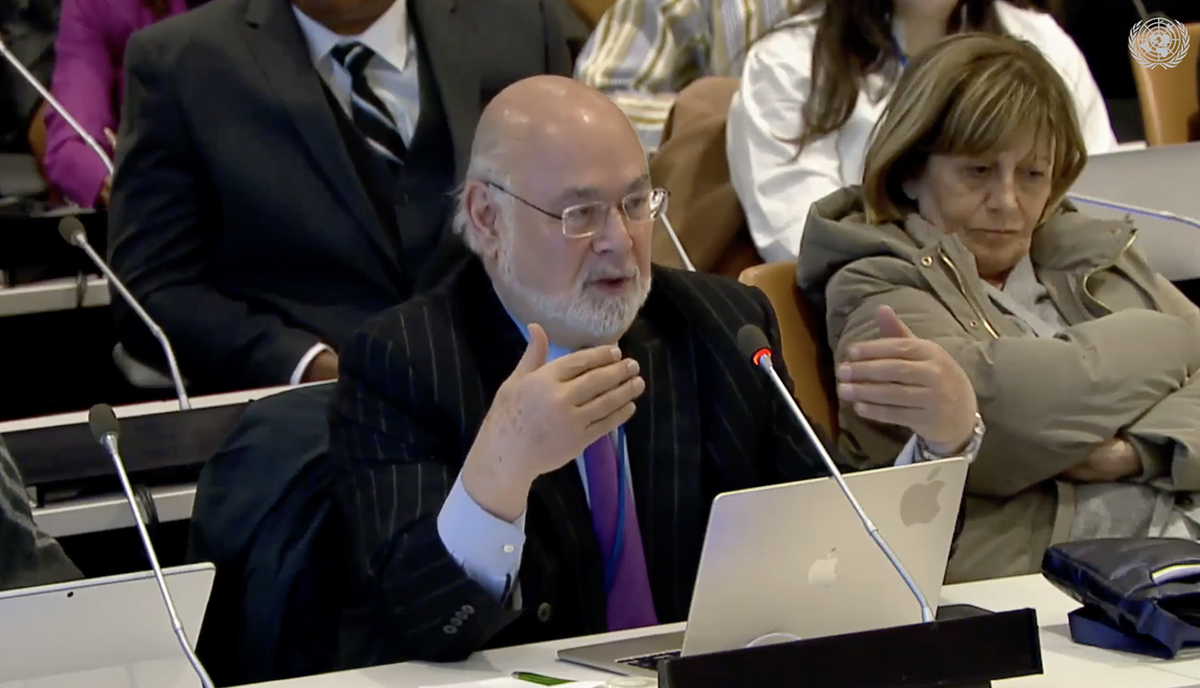
Governments have now explicitly recognized the centrality of international humanitarian law (IHL) in the field of nuclear weapons policies. The 2010 NPT Review Conference expressed “deep concern at the catastrophic consequences of any use of nuclear weapons” and reaffirmed “the need for all states at all times to comply with applicable international law, including international humanitarian law.”
IHL governs the use of weaponry and force in war. For example, a weapon’s inhumane and indiscriminate effects are a basis for its prohibition though the weapon may have military utility. Based on IHL principles, nations of the world have long agreed not to use potential weapons such as the plague or mustard gas.
Applying IHL to nuclear weapons policies provides a fresh, persuasive approach to disarmament efforts, and one which has worked successfully in campaigns to eliminate other classes of weapons.
We are pleased to share with you two recent articles on IHL and nuclear weapons:
| “International Humanitarian Law and Nuclear Weapons: Irreconcilable Differences,” published in The Bulletin of Atomic Scientists |  |
 |
“Nuclear Weapons and Compliance with International Humanitarian Law and the Nuclear Non-Proliferation Treaty,” published in the Fordham International Law Journal |
We would love to hear your feedback on these articles. Are these arguments persuasive? If humanitarian arguments worked effectively to help outlaw chemical and biological weapons and advance outlawing landmines and cluster munitions, do you think such an approach can be effective in addressing threats posed by nuclear weapons? Read them and then write to us, or comment on our Facebook page.
![]()







